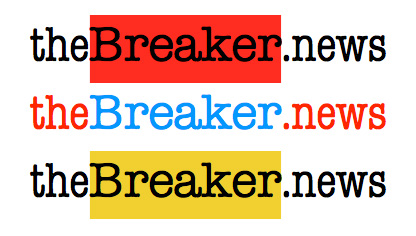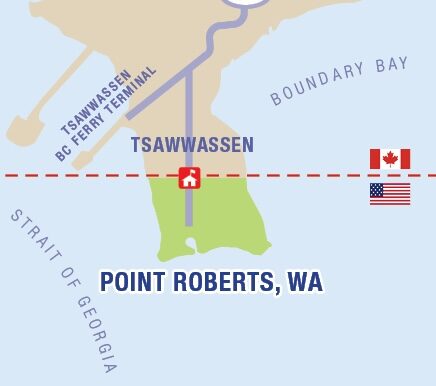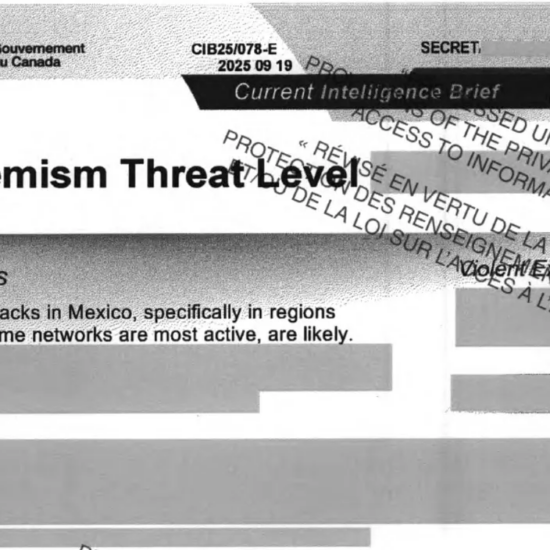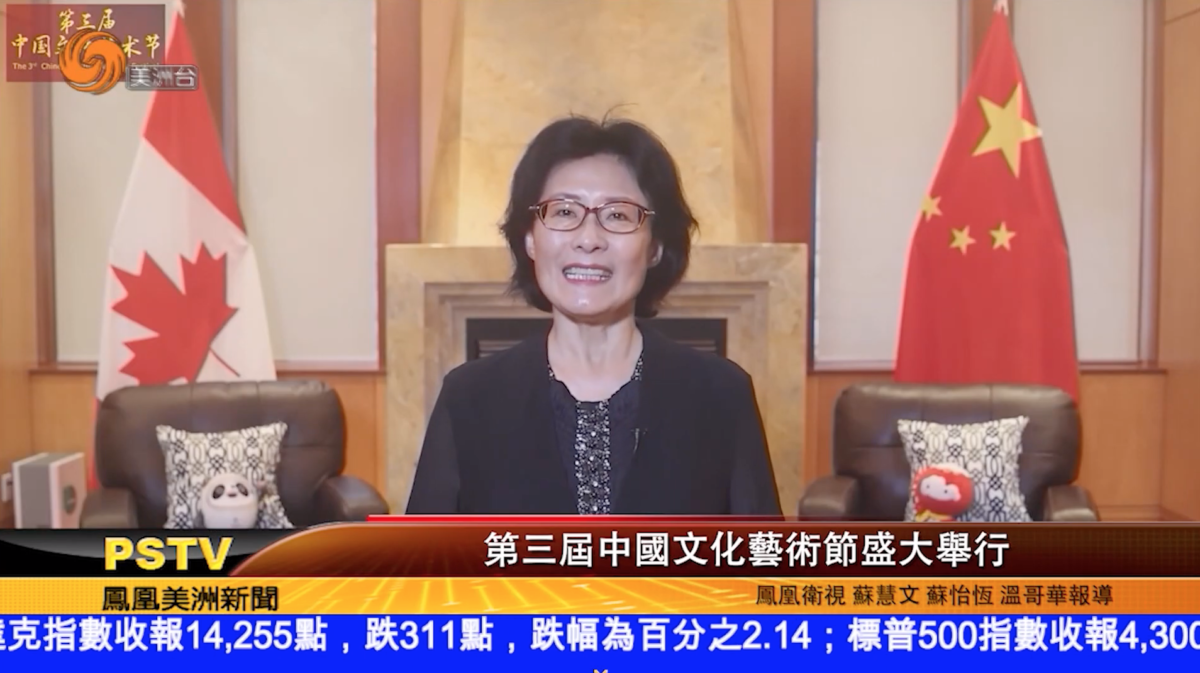
Bob Mackin
Former Vancouver Mayor Kennedy Stewart wonders why the federal government did not order China’s consul general in Vancouver to leave the country.
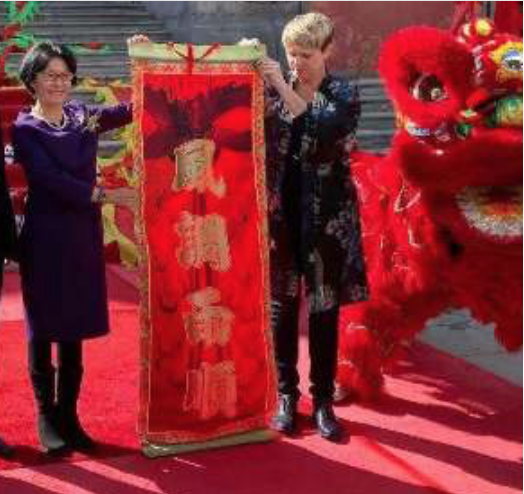
Photo from Dawa News story on the Sept. 28, 2019 ceremony featuring Consul Gen. Tong Xiaoling and Coun. Sarah Kirby-Yung
Tong Xiaoling figures heavily in Canadian spy agency reports leaked to the Globe and Mail. According to the Canadian Security Intelligence Service, she boasted of helping replace two Conservative MPs in Richmond with two Liberals in the 2021 federal election. In early 2022, she allegedly discussed a strategy to replace Stewart with a Chinese-Canadian candidate.
NDP MP Stewart edged businessman Ken Sim in 2018 by under 1,000 votes, but Sim registered a 36,000-vote landslide in 2022.
Stewart had rocky relations with Tong, beginning shortly after he was elected in 2018.
She rebuked him and other officials at a Chinatown banquet more than a week after the U.S.-requested arrest of Huawei executive Meng Wanzhou at Vancouver International Airport for alleged bank fraud.
Stewart suspended meetings with Chinese officials in April 2021. His friend, Conservative MP Michael Chong, was among those sanctioned in the wake of the House of Commons declaring China’s treatment of Uyghur Muslims a genocide. In November 2021, Tong publicly lashed out at Stewart for exploring a “friendship city” relationship with Kaohsiung, Taiwan. Stewart was already talking to Taiwanese trade officials and community members in Vancouver about closer ties with the self-governing island that Xi Jinping is eager to annex. Stewart also has a niece who is Taiwanese.
“I thought, holy cow, this is way out of line,” Stewart said. “And this person should have been expelled a long time ago, but there was really no action taken. So our our relationship really deteriorated.”
Tong’s five-year posting in Vancouver ended last July, more than two months before the election. Her replacement, Yang Shu, arrived in September.
Stewart said he remembers the surprise when a staff member advised him at a daily briefing last spring that federal intelligence officers wanted to visit.
“They said oh, CSIS has requested a meeting with you, and I thought CSIS, that’s weird,” said Stewart, now director of the Centre for Public Policy Research at Simon Fraser University. “I actually asked to see their badges and they showed me their badges that say they were CSIS and they said they had to brush them off, because they never did this. They don’t typically brief people.”
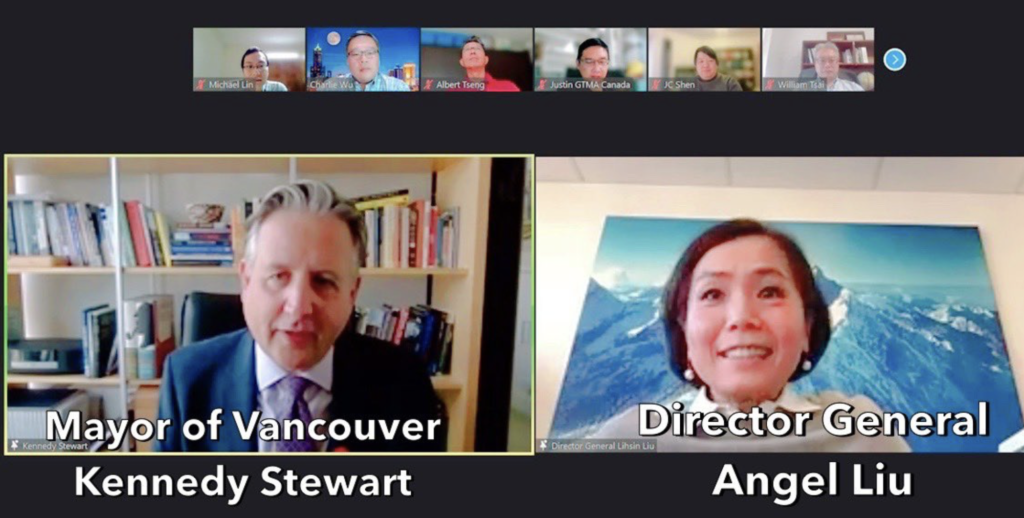
The meeting with two officers, including one from the China desk, lasted two hours. He was also surprised when they didn’t mind that the meeting would be disclosed on his publicly released May calendar. CSIS also met with city hall’s top election officials in the clerk’s office and counterparts from Elections BC.
Stewart admits he did not recognize any obvious foreign meddling during the rest of the spring and summer, mainly because he was juggling the jobs of mayor, candidate and party leader.
“You’re kind of the hood ornament on the car, right? So you’re up every morning, you’re out either door knocking, or greeting people on the street or doing debates or prepping for debates or doing media.”
Just like he noticed when the invitations to events involving Tong and her allies no longer arrived, so too did he notice campaign support evaporated at the most-crucial time.
“At one point, our fundraising dried up, maybe three weeks out from the election, and that was strange,” he said. “It’s hard to know why that happens.”
In the end, Sim’s ABC Vancouver ran a nearly $2 million campaign, almost double Stewart’s Forward Together. ABC scored supermajorities on city council and park board. Stewart’s slate was shut out.
Stewart supports Prime Minister Justin Trudeau’s appointment of former Governor General David Johnston as a “special rapporteur” on foreign interference in elections as a first step, but “something more powerful needs to happen, something that you would, for example, be able to subpoena people.”

Ken Sim (left) and Justin Trudeau before the 2023 Lunar New Year Parade in Chinatown (@kensimcity/Twitter)
In the meantime, lawmakers in B.C. need to close whatever campaign finance loopholes exist, including largely unregulated nomination contests. Municipalities can no longer be treated as a “kid brother” to senior levels of government and Elections BC needs more power and more resources.
“Municipal elections are a tag-on to their real job, which is provincial elections. And they neither have the capacity nor really the mandate to do the kind of investigations,” Stewart said.
“These are big campaigns, and then, when you’re in control of massive assets, and you have access to all kinds of confidential information.”
As an MP who ran in three campaigns, and won two, Stewart is familiar with the rigour of Elections Canada and its auditors, who trace donations down to the penny and find whether people actually live at the addresses given. Less attention is given to municipal campaigns, because donations are not tax-deductible.
“In B.C., for municipal elections, we just send in sheets of people we say donated to us, they’re never checked, they’re not verified. And then there’s no access to bank accounts. So this is wide open, it could easily be abused and provincial governments have known this forever and they really haven’t done much to fix it.”
On Friday, Premier David Eby said he asked his staff to arrange a briefing on foreign interference from CSIS, to find ways “to close any gaps that we may have.”
“Obviously, I am very troubled by the allegations related to British Columbia generally, and Canadians deserve a thorough and independent investigation that provides us with information about what’s going on,” Eby told reporters.
Support theBreaker.news for as low as $2 a month on Patreon. Find out how. Click here.






